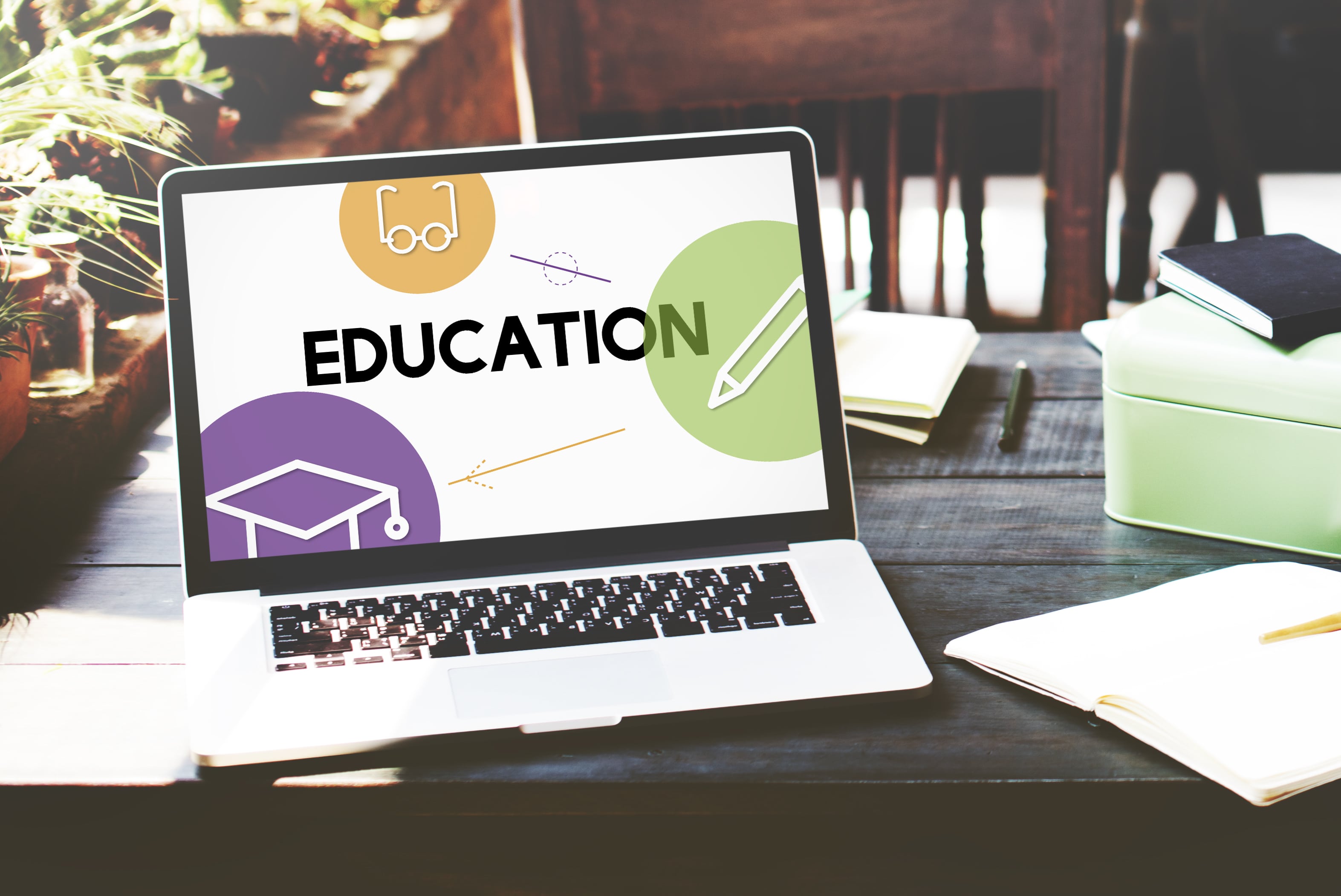In the ever-evolving landscape of education technology, School ERP (Enterprise Resource Planning) systems have become indispensable tools for institutions striving to streamline operations and enhance the learning experience. At Jupsoft, we understand that effective communication is the backbone of any successful educational environment. As a leading provider of School ERP solutions, we are committed to innovating communication channels within our systems to ensure improved education outcomes. In this blog, we'll explore how enhancing communication channels within School ERPs can revolutionize the educational experience for students, teachers, and administrators alike.
The Importance of Communication in Education
Effective communication is crucial for the smooth functioning of any educational institution. It fosters collaboration, enhances student engagement, and ensures that vital information flows seamlessly between all stakeholders. In a school setting, this means ensuring that teachers, students, parents, and administrators are all on the same page. School ERPs play a vital role in facilitating this communication, making it more efficient and transparent.
Key Communication Channels in School ERPs
-
Real-Time Messaging
One of the most significant advancements in School ERP communication is the integration of real-time messaging. This feature allows teachers, students, and parents to communicate instantly, fostering a more connected and responsive educational environment. Real-time messaging ensures that important updates, such as assignment deadlines or schedule changes, are communicated promptly, reducing misunderstandings and improving overall efficiency. -
Parent-Teacher Collaboration
Enhancing communication channels in School ERPs means providing robust tools for parent-teacher collaboration. Regular updates on student progress, attendance, and behavior can be shared through secure portals, keeping parents informed and engaged in their child's education. This proactive approach not only builds trust but also empowers parents to support their child's learning journey effectively. -
Automated Notifications and Alerts
Automated notifications and alerts are essential components of modern School ERP systems. These features can be customized to send reminders about upcoming events, fee payments, and important announcements. By automating routine communication tasks, schools can ensure that no critical information is overlooked, enhancing the overall efficiency of administrative processes. -
Interactive Homework and Assignment Management
School ERPs can significantly improve the management of homework and assignments. Teachers can upload assignments, set deadlines, and provide feedback, all within the system. Students can submit their work online, and parents can monitor their child's progress. This streamlined process not only saves time but also ensures that everyone is aware of expectations and deadlines. -
Virtual Classrooms and Online Learning Integration
The integration of virtual classrooms and online learning platforms within School ERPs has become a game-changer, especially in the wake of the COVID-19 pandemic. These features enable schools to conduct live classes, share learning materials, and engage students in interactive discussions, regardless of their physical location. By providing a seamless online learning experience, schools can ensure continuity in education and cater to diverse learning needs.
The Future of Communication in School ERPs
As technology continues to advance, so too will the communication capabilities of School ERP systems. Here are a few trends to watch for:
- Artificial Intelligence and Chatbots
The integration of AI and chatbots into School ERPs can revolutionize communication. AI-powered chatbots can handle routine inquiries, provide instant responses to common questions, and even assist in administrative tasks, freeing up valuable time for teachers and administrators. - Enhanced Mobile Accessibility
With the increasing reliance on mobile devices, School ERPs are becoming more mobile-friendly. Enhanced mobile apps allow users to access important information, communicate, and manage tasks on the go, ensuring that communication is never hindered by geographical constraints. - Data-Driven Insights
Advanced analytics and data-driven insights within school ERPs can provide valuable information about communication patterns and effectiveness. Schools can use this data to identify areas for improvement, tailor communication strategies, and ensure that all stakeholders are engaged and informed.
Conclusion
At Jupsoft, we are dedicated to enhancing School ERP systems by innovating communication channels. By integrating real-time messaging, fostering parent-teacher collaboration, automating notifications, and embracing virtual classrooms, we are committed to improving the educational experience for all stakeholders. As we look to the future, the incorporation of AI, mobile accessibility, and data-driven insights will further revolutionize how schools communicate, ensuring that education remains dynamic, inclusive, and effective.
Embrace the future of education with Jupsoft's innovative School ERP solutions and experience the transformative power of enhanced communication channels. Together, we can create a more connected and empowered educational environment, paving the way for improved learning outcomes and success.
